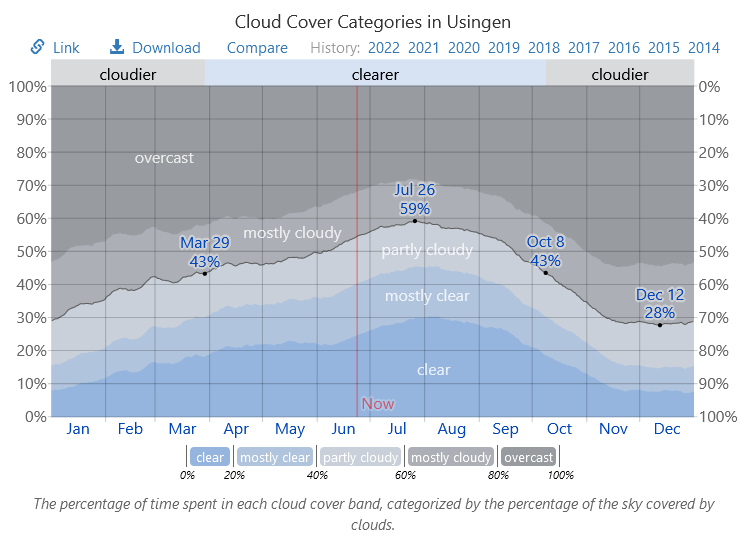Energy Secretary Jennifer Granholm—who thinks it’s laugh out loud hilarious that the Biden administration could impact the cost of energy to us Americans—made the patently erroneous claim that President Joe Biden (D) is doing everything he can to reduce [gasoline] prices for American families.
Oil is a global market, and so Biden is helpless alone?
High school economics: increase the supply of something relative to demand for it, and prices for that something come down. Conversely, reducing supply relative to demand drives up the price.
Oil is a global market, and until January 2021, not only was the US a major player in its production, we were a net exporter of oil (and of natural gas) and essentially energy independent.
However, acting on his campaign promise to eliminate the oil and natural gas industries, Biden canceled a major oil pipeline project that would have fed refineries producing (among other things) gasoline, imposed regulations that made it difficult to build other pipelines, stopped issuing oil and gas leases on Federal lands and waters, outright canceled leases in Alaska and the Gulf of Mexico, is sitting on thousands of permits necessary to act on remaining leases, and generally inhibited our ability to produce oil and natural gas.
The Biden administration policies also (deliberately, I say) make oil and natural gas and gasoline companies reluctant to build or even to reopen additional refineries, much less restart or drill new oil and natural gas wells so those potential refineries would have something to refine.
The Biden-Granholm reduction in the supply of American oil—and so their reduction in the global supply of oil—is what’s responsible for today’s high gasoline prices.
Biden alone can, indeed, impact the cost of energy to us Americans. He’s already done it negatively. He could just as easily (or maybe not—there’s a serious trust problem now) impact the cost positively by getting his administration out of the way of the American energy industry.
And that’s just for starters.
Both Biden and Granholm know this full well; they know that Biden absolutely is not doing everything he can to reduce prices for American families. Not for gasoline, not for energy generally, and not for any of the inflationary forces in our economy.

